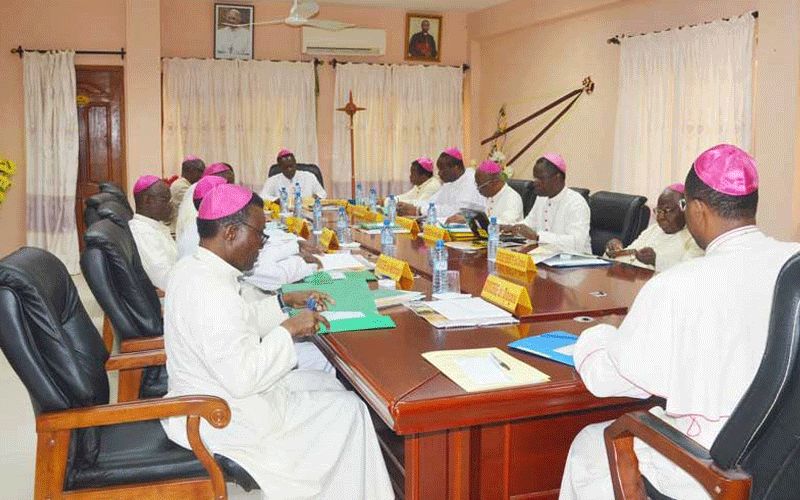Parakou, 26 October, 2019 / 4:12 am (ACI Africa).
Three months after a majority of African countries ratified an agreement allowing the creation of a regional free-trade zone, which was seen as a major boost to intra-regional trade, Bishops in the West African country of Benin have raised concerns over the continued move by Africa’s largest economy to close borders shared by the two countries, thereby limiting trade and free movement of goods.
“The Bishops of Benin are concerned about the negative impacts of the closure of the borders with Nigeria on the Beninese population and especially on the poorest,” reads part of a communique issued at the end of the first ordinary session for the pastoral year 2019-2020.
On August 20, Nigeria unilaterally closed the western border with Benin in an attempt to stop the importation of illegal goods across the border, a move that has affected Benin farmers negatively as the former French colony is among the main exporters of farm produce to Africa’s most populous country, Nigeria.
Following the move, Catholic Bishops in Benin have raised concerns over the negative impact of the closure on the population, whose 31.1% land area is under agriculture.
Consequently, the Bishops have called on the relevant authorities to work towards normalizing the situation, which has attracted a backlash from traders in neighboring countries.








